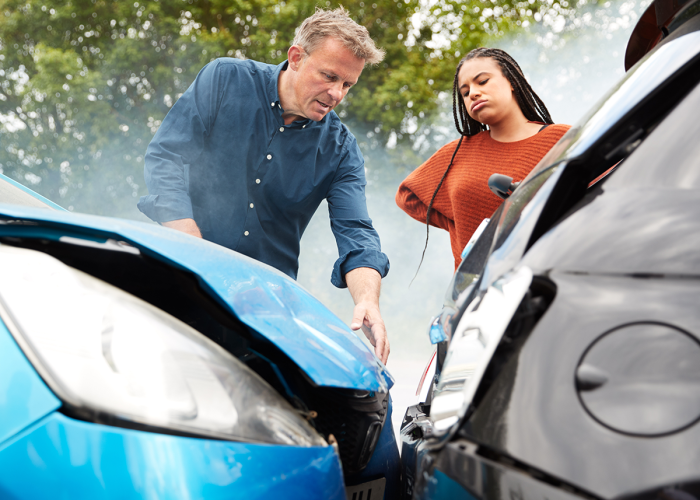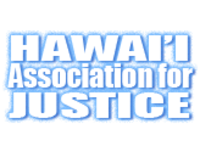Mr. Pagliarini has secured millions in successful settlements and verdicts for his clients. Your recovery begins with a call.

You should feel confident in who you hire as your personal injury lawyer, so it’s important to partner with an attorney who is both a fierce negotiator and a caring advocate. With over 38 years of experience, Dan Pagliarini genuinely cares for his clients and will advocate for your best interests.





Serving clients throughout Hawaii
Hawaii Personal Injury & Vehicle Accident Lawyer
Daniel T. Pagliarini AAL is a dedicated and compassionate personal injury law firm. With over 38 years of experience, the firm is committed to helping individuals who have been injured in all types of motor vehicle accidents. Whether you've been involved in an auto accident, truck accident, or pedestrian accident or are looking to file a wrongful death claim, Dan's mission is to help you pursue the justice and financial compensation you deserve.
Car Accidents
Truck Accidents
Motorcycle Accidents
Practice Areas
Skilled Representation for Motor Vehicle Accidents
The injuries resulting from an accident can be devastating. If you or a loved one has been injured due to someone else's reckless or negligent actions, Dan is here to help. No matter how serious or minor your injuries are, it’s important to hold the responsible party accountable. Dan will stand by your side from the beginning of your case and fight for the compensation you deserve.


Daniel T. Pagliarini
Attorney at LawHonolulu personal injury attorney Dan Pagliarini has successfully represented Hawaii’s injured and their families for almost four decades. He has helped his clients collect full and fair compensation for their injury claims and has been recognized by his peers, judges, and past and present clients for his professional excellence in personal injury law. A graduate of Suffolk University Law School and attendee of U.H. Richardson Schoool of Law, he strives to deliver the advocacy you need in the aftermath of a collision.
Your Recovery Begins With a Call
Daniel T. Pagliarini AAL is known for fighting tirelessly to pursue the compensation and justice his clients deserve. Reach out to Dan now to schedule a free consultation and take the first step toward your recovery. Located in Honolulu, Hawaii, he serves clients on all of the Hawaii islands.
FAQ
Hawaii’s statute of limitations for filing a personal injury lawsuit is two years from the date of the accident. Failing to file within this time frame may bar you from seeking compensation. Consult an experienced attorney as soon as possible who can help you understand and protect your rights.
You may be eligible to recover damages for medical expenses, lost wages, pain and suffering, property damage, and emotional distress. The specific compensation you may recover depends on the severity of your injuries and the circumstances surrounding the accident.
Yes, Hawaii follows a comparative negligence rule, which allows you to recover damages even if you were partially at fault, but so long as your responsibility does not exceed 50%. If you are found to be partially at fault, your compensation will be reduced by your percentage of fault. An attorney can help determine liability and advocate for your recovery.
Blog
Client Testimonials
Daniel Pagliarini is a very professional lawyer. He helped me through the whole process of my car accident. During the consultation, he was very professional, patient, informative, and knowledgeable. I have not felt this way with other lawyers, and I highly recommend him to anyone involved in an accident.
If you're looking for an honest, knowledgeable, and caring attorney, then you need to contact Dan.He was extremely patient with the may questions I had and was personally invested in my situation and truly cared. The outcome was amazing and he made the process easy for me. He very reachable and keeps you updated.
Our family is truly grateful for the services of Daniel T Pagliarini AAL. He was there for us during a difficult time with our 10-year-old son's injury case and he helped us until the very end. He was very professional and answered all of our questions and concerns. I trust Dan and I would highly recommend him.
I was involved in a car accident about a year ago and was unsure how my medical bills were going to be taken care of. Mr. Pagliarini took care of everything and was always available to answer any questions I had. It made a bad situation a lot easier so I could focus on my health issues. I highly recommend his services.







